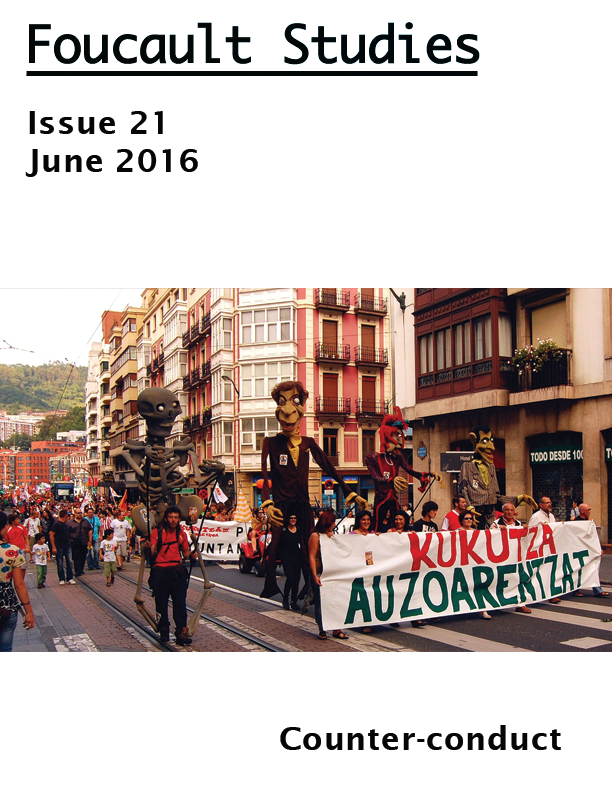The Nineteenth Century in Ruins: A Genealogy of French Historical Epistemology
DOI:
https://doi.org/10.22439/fs.v0i0.5022Keywords:
French philosophy, epistemology, history, German idealism, French positivismAbstract
This article investigates the historical and philosophical background of the French tradition of historical epistemology. As a sort of ‘historical epistemology of historical epistemology,’ it traces some of the forces, incidents, and events that made possible (and perhaps even necessary) the emergence of a new way of doing epistemology in the first half of the twentieth century in France. Three developments that occupy a position privilege in this narrative are: (i) the collapse of German idealism, (ii) the birth of French positivism, and (iii) what the author calls ‘the crisis in the theory of science’ that swept over Europe in the early 1900s. These developments suggest that the emergence and development of historical epistemology was the effect of changes internal to the history of Western philosophy (from Kant to Comte) as much as a function of changes external to this history (including changes in the material fabric of society).Downloads
Published
2016-06-28
How to Cite
Peña-Guzmán, D. M. (2016). The Nineteenth Century in Ruins: A Genealogy of French Historical Epistemology. Foucault Studies, (2110.22439), 159–183. https://doi.org/10.22439/fs.v0i0.5022
Issue
Section
Articles
License
Authors retain copyright to their work, but assign the right of the first publication to Foucault Studies. The work is subject to a CC BY-NC-ND 4.0 license, but despite these restrictions, authors can take for granted that Foucault Studies will permit articles published in Foucault Studies to be translated or reprinted in another format such as a book providing a full reference is made to Foucault Studies as the original place of publication.



